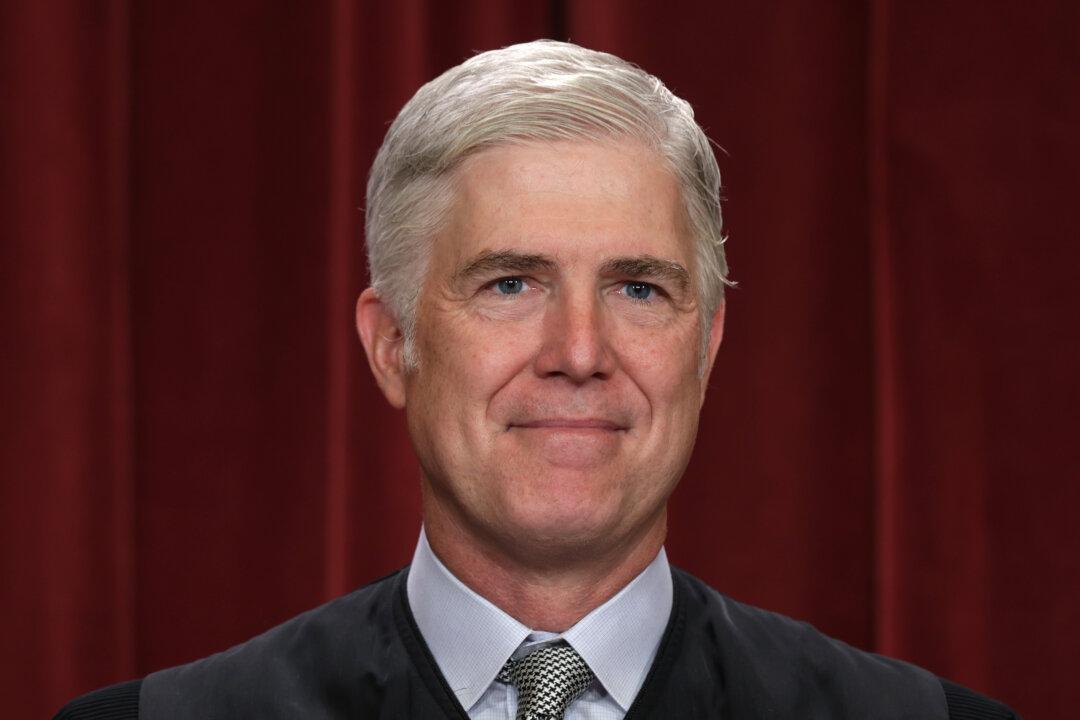The Supreme Court ruled in favor of a Big Tech company on June 1, issuing a unanimous ruling that limits the power of shareholders to sue over misleading statements made by companies when selling shares in a direct listing.
Justice Neil Gorsuch wrote the court’s unanimous opinion (pdf) in Slack Technologies v. Pirani (court file 22-200). Slack is a unit of Salesforce Inc., a business software maker that is headquartered in San Francisco.





